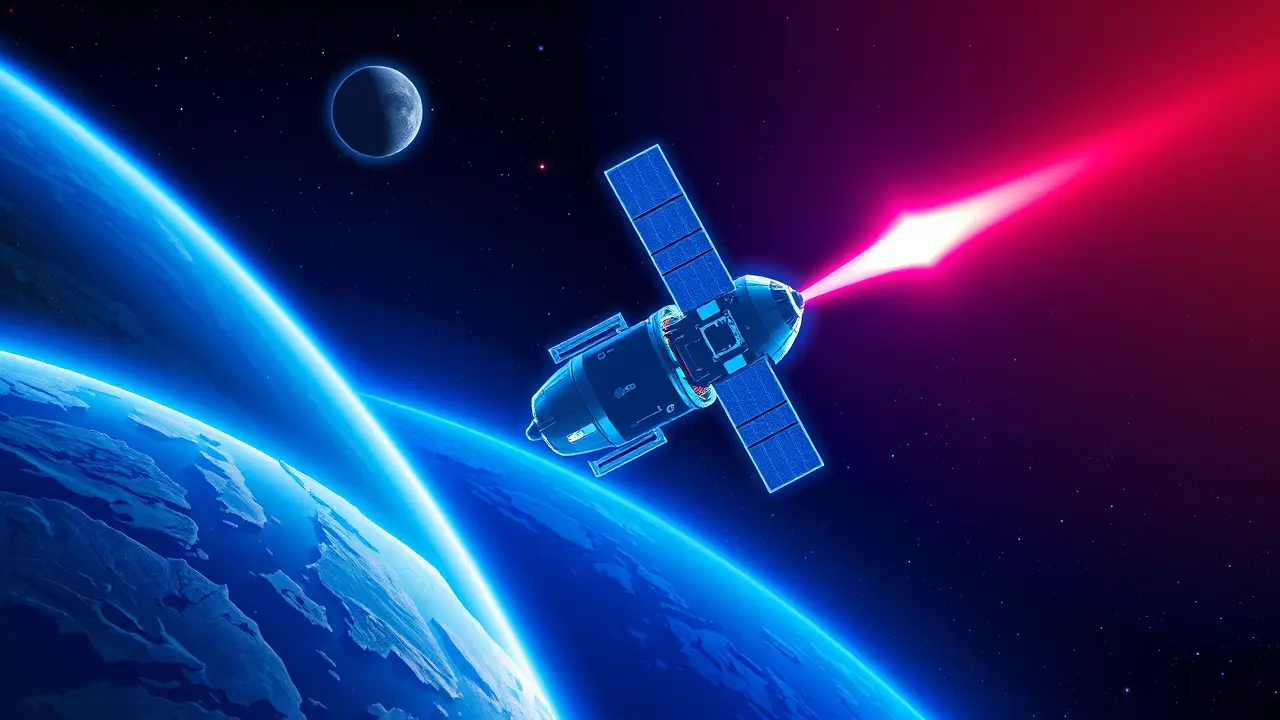
Politicsconflict & defenseMilitary Operations
Europe Must Close the Strategic Space Gap
TH
Thomas Green
4 hours ago7 min read3 comments
The stark lesson delivered by Russia’s full-scale invasion of Ukraine—that European security is a fragile construct that cannot be outsourced—resonates with a particular urgency when we lift our gaze beyond the terrestrial battlefield to the silent, strategic high ground of space. Yet, in a bewildering paradox of modern statecraft, the European Union appears to be sleepwalking into a profound strategic dependency in this very domain, effectively ceding the new space race to geopolitical rivals and commercial giants.This isn't merely about falling behind in a technological footrace; it's about voluntarily disarming in the fifth operational domain, a realm where capabilities for communication, navigation, and Earth observation are the lifeblood of both military deterrence and economic resilience. Consider the Galileo system, Europe's proud answer to GPS and GLONASS: while a monumental achievement, its development was plagued by delays and budget overruns, symptomatic of a broader institutional lethargy.Meanwhile, entities like SpaceX have democratized access to orbit with staggering launch cadences, and nations like China are methodically assembling a sprawling architecture of satellites, from communications constellations to sophisticated spycraft, with a long-term vision that extends to lunar bases and space-based solar power. The strategic gap isn't just measured in rocket launches or satellite counts, but in the ecosystem of innovation—the venture capital flowing into European new-space startups is a fraction of that in the United States, and our regulatory frameworks often stifle the very agility needed to compete.The consequence of this gap is not some abstract future risk; it is a clear and present danger. Our armed forces rely on satellite data for everything from troop movements to drone strikes, our financial transactions are timestamped by atomic clocks in space, and our critical infrastructure from power grids to shipping lanes is guided by these orbital sentinels.To be dependent on foreign providers, whether commercial or state-owned, for these functions is to introduce a catastrophic single point of failure into the very heart of European sovereignty. It is a gamble reminiscent of pre-war assumptions about energy security, and the bill for losing could be far higher. We must view space not as a scientific luxury, but as the essential infrastructure of the 21st century, and mobilize a continent-wide effort—a modern-day Apollo program—that combines public investment with deregulated private ambition to ensure Europe secures its own destiny among the stars, lest we find ourselves grounded, and vulnerable, on an increasingly contested Earth.
#featured
#European Union
#space race
#security
#Russia
#Ukraine
#defense
#satellites
Stay Informed. Act Smarter.
Get weekly highlights, major headlines, and expert insights — then put your knowledge to work in our live prediction markets.
© 2025 Outpoll Service LTD. All rights reserved.